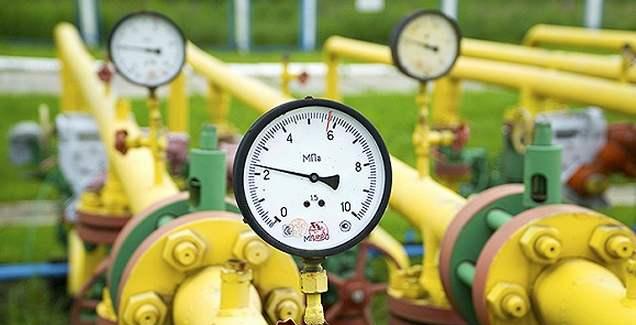"Japan's LNG imports are decreasing." According to the "Nihon Keizai Shimbun" reported on October 28, due to the surge in domestic electricity consumption in Japan after entering the winter, liquefied natural gas stocks are likely to bottom out quickly. At present, Japan's domestic reserves of liquefied natural gas can only meet the demand for two weeks, which has become a major blind spot in Japan's energy security.

Japan's electricity supply mainly relies on liquefied natural gas thermal power generation. As of October 15, Japanese power companies had LNG inventories of about 2.3 million tons, 40% more than the same period last year. Due to stockpiles, Japan's imports of LNG have decreased. Japanese media analysis said that this is mainly because the temperature in Japan this summer is lower than the average of the calendar year, resulting in cooling electricity demand is not as good as in previous years, and with the restart of domestic nuclear power plants in Japan, the use of LNG thermal power generation has decreased. However, Japan's Ministry of Economy, Trade and Industry warned on the 21st of this month that "if the demand for electricity increases more than expected, the power supply situation may become grim", and the government has begun to urge large power companies to purchase fuel.
In fact, the inventory risk of Japan's LNG has been apparent as early as the end of 2020. At that time, the cold wave led to a surge in heating demand, and the LNG thermal power stations of various power companies entered full load operation. From early December 2020 to early January 2021, Japan's LNG stocks fell below 1 million tonnes from about 2 million tonnes. Japanese power companies have asked gas companies in cities to promote the interconnection of natural gas.
According to the Japan Broadcasting Association (NHK) website reported on the 28th, affected by the rising price of liquefied natural gas imports, Japan's major power companies and gas companies will raise electricity prices and gas prices again in December, which is the fourth consecutive month of price increases.
Japanese media stressed that in the context of insufficient global natural gas supply, Japan faces unique hidden dangers. European countries have connected pipelines to complement LNG stocks in the region. The United States has the equipment to store natural gas in depleted natural gas fields. China overtook Japan to become the world's largest importer of LNG in 2021 and opened its first gas pipeline with Russia in 2019 while expanding huge storage tanks. Japan, on the other hand, is an island nation and cannot promote natural gas interconnection with other countries through pipelines. The Nihon Keizai Shimbun recently published an editorial saying that Japan should establish an accommodation mechanism with other power companies or neighboring countries in emergency situations. The government should also encourage companies to establish storage methods that can provide a stable supply of natural gas over the long term.
* All text, pictures and audio and video materials indicated on this website as "China Energy News/China Energy Network", the copyright belongs to China Energy News, and may not be reproduced without authorization; Where the source of this website indicates is not "China Energy News / China Energy Network" works, the copyright belongs to the original owner, does not represent the position and views of this network, if there is infringement, please contact to delete.